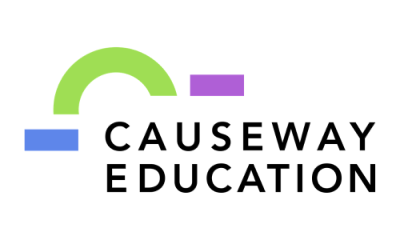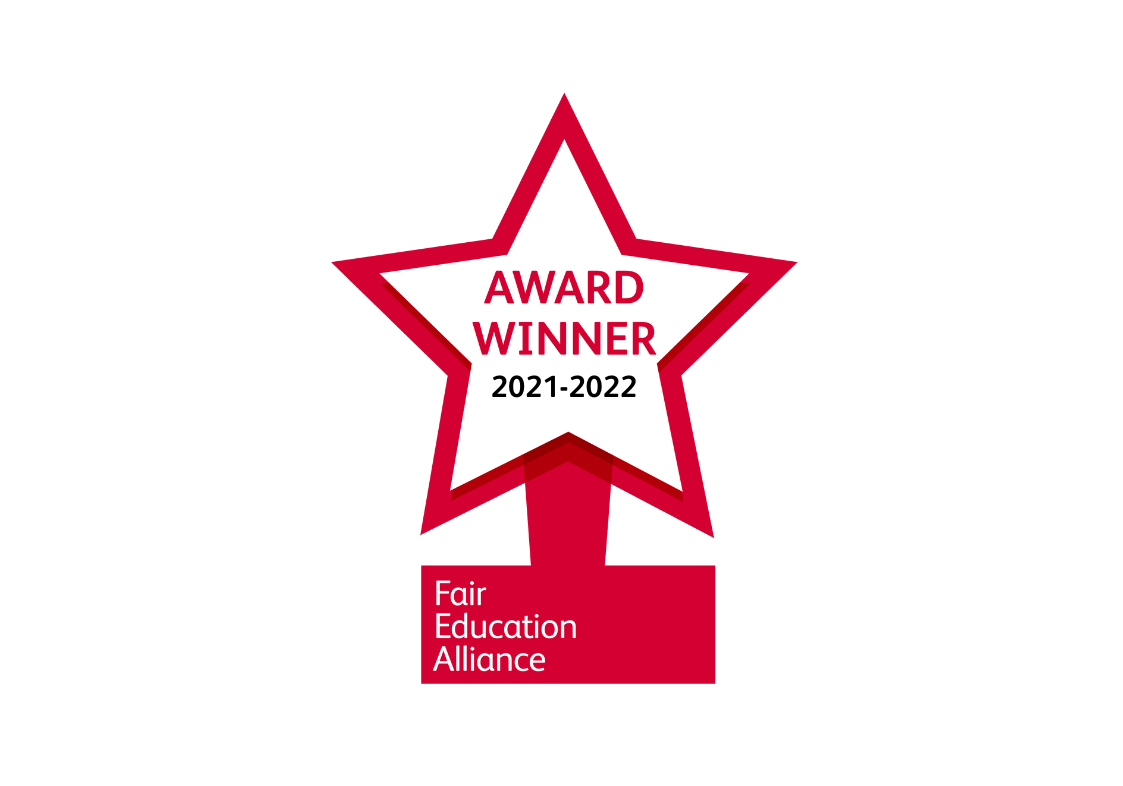“Research shows that the access gap cannot be explained by attainment alone.”
Why focus on applications?
There is a difference of 18.6 percentage points (pp) between the percentage of young people educated in state-maintained schools/colleges progressing to Higher Education (HE) and those educated in independent schools (Department for Education, 2019). We call this the access gap. This gap widens to 38.8pp for the UK’s most selective universities (Department for Education, 2019).
Research shows that this access gap cannot be explained by attainment alone, as even when state-educated students achieve the same grades as their privately educated peers, they are a third less likely to receive an offer to study at a Russell Group university (Boliver, 2013).
Unequal access to application support and guidance contributes to this access gap, as young people need help to navigate the system and the overwhelming amount of information available to them (CFE Research, 2013). Recent research by the Sutton Trust found that a student’s school type is a key predictor of the quality of their application, as young people from more advantaged educational backgrounds are more likely to receive better support and guidance (Jones, 2013).
This stark evidence into the disparities in application support led to Causeway’s first programme, Academic Apprenticeship, an e-mentoring programme designed to ensure that state-educated students applying to higher tariff universities access high-quality advice and feedback on their personal statements. In 2021, the Academic Apprenticeship was renamed Application Mentoring, but the core principle of outstanding, accessible research-led applications advice for state-school students remains unchanged.
And it works: an evaluation by the Sutton Trust in 2016 showed that every single student in a trial group following the Academic Apprenticeship got an offer from a Russell Group university, compared to 73% of a comparison group.
Working with teachers and schools
It quickly became apparent that we needed to share our expertise on applications with teachers in order to have the most impact, and to ensure that students were not receiving contradictory messages from different sources.
Research from the Sutton Trust found that teachers’ views about what makes a good personal statement were not consistent with admissions tutors’ views (HE Access Network and Jones, 2016). This suggests that the advice and guidance that some young people receive at school may not reflect what admissions tutors want to see. These findings are supported by a growing evidence base demonstrating both the positive and negative effects that teachers and schools can have on the university application process (Oliver and Kettley, 2010; Donnelly 2015; Dunne, King and Ahrens, 2013).
We launched Access Champions to help schools develop outstanding practice in application support and results from our interim evaluation suggest that it’s working, with participating schools achieving significant increases in HE progression rates to higher tariff institutions.




